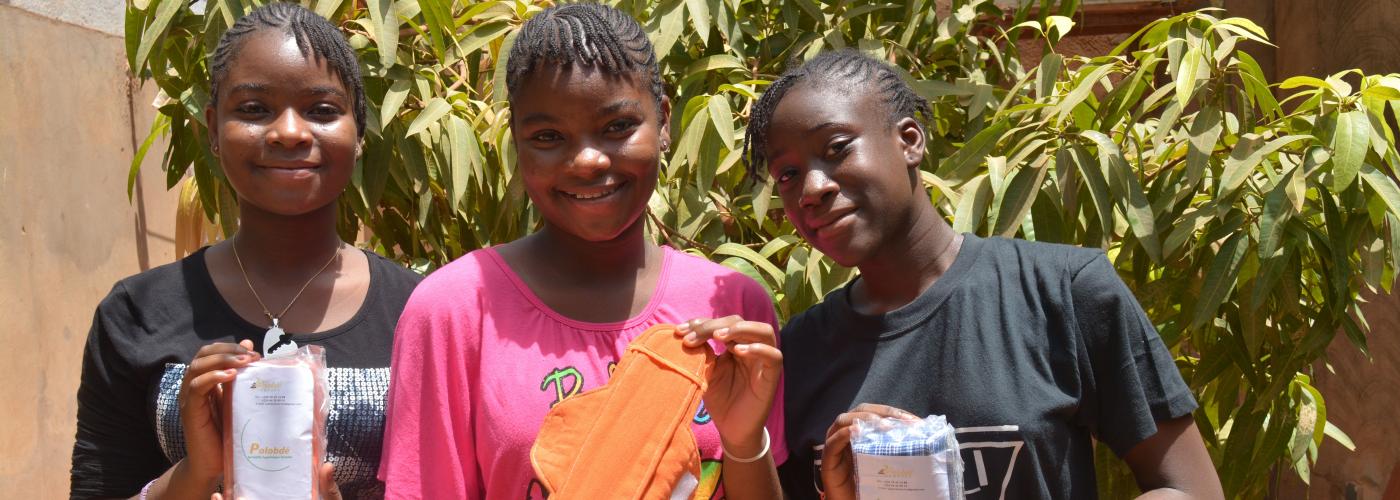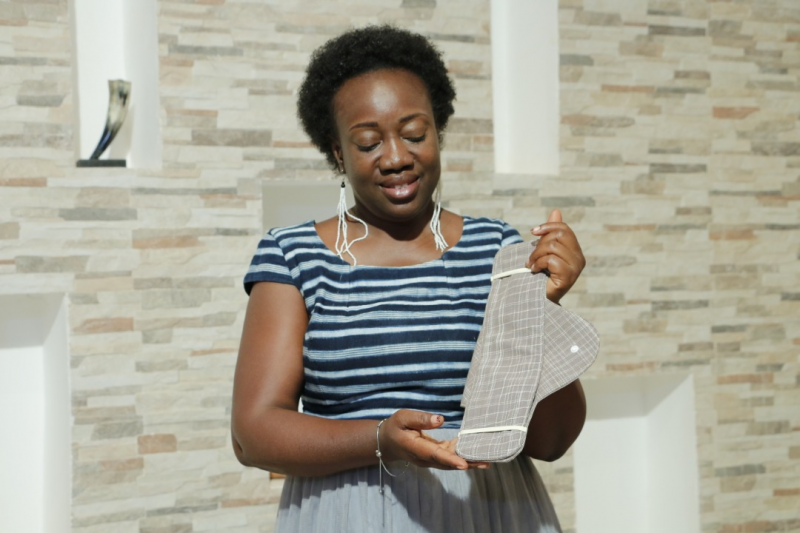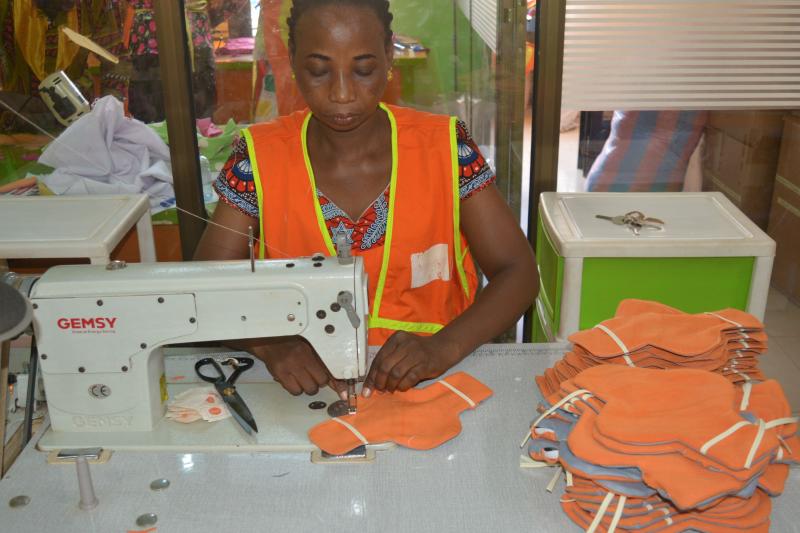West Africa: An Ecosystem Approach to Catalyzing Female Entrepreneurship
Image

In the Sahel region of West Africa, small and growing businesses account for nearly 50 percent of new job creation. When these businesses are women-led, the potential to drive growth is even higher: a USAID study found that, globally, these businesses grow revenues 1.5 times faster and jobs twice as fast compared to male-owned businesses.
Yet, most women-led businesses in the region face significant hurdles in accessing the financing and business support needed to scale and boost job creation. Female entrepreneurs often experience challenges in attracting investors and are less likely to receive follow-on financing for their growing businesses. The COVID-19 pandemic exacerbated this issue by triggering a deep recession, which has contributed to significant job losses—with women being disproportionately affected. The financing gap among women-led businesses is estimated at $260-$320 billion a year.
Emilie Kyendrebeogo, a savvy businesswoman who operates Burkina Faso-based feminine hygiene manufacturer Palobdé, is bucking the trend with an innovative business model. In a country where only 30 percent of women have access to feminine hygiene products, her company is expanding the production and accessibility of washable and reusable menstrual pads made from locally-sourced cotton.
The barriers that entrepreneurs experience, in particular female entrepreneurs in the Sahel, defy any single solution. USAID has partnered with global impact investment group Investisseurs & Partenaires (I&P) to help entrepreneurs acquire funding and business training by supporting the business support organizations who know them best. The local business intermediaries invest directly in small and growing businesses like Palobdé. The result is a pipeline of resilient small and growing businesses that are primed for further investment.
Image

Emilie Kyendrebeogo, who operates Burkina Faso-based feminine hygiene manufacturer Palobdé, showcases her latest product.
During a yearlong acceleration phase that started in 2019, Ms. Kyendrebeogo set her company on a path to growth. With guidance from local partners, she refined Palobdé’s communication and marketing strategies, clarified the company’s mission, strategy and values, and improved digital presence. She also recruited an accountant and one person to efficiently manage the company’s stock.
After the COVID-19 outbreak in late March 2020, the company was able to diversify and quickly manufacture 100,000 face masks in response to the global health crisis.
“We knew that our demand would decline [after COVID-19 outbreak] and we needed to diversify our offer to stay afloat,” said Kyendrebeogo. “Therefore, we refocused our production on the manufacturing of face masks. This quick reorientation has enabled us to maintain our growth momentum, to keep our employees and even to recruit additional staff.”
Image

With seed funding from I&P, Palobdé was able to recruit more employees to meet the rising demand for the company's products.
The “ecosystem” approach to investment facilitated through USAID’s PACE program, offers a diverse mix of financing, including collateral-free, interest-free loans (aka returnable grants), and business services specifically tailored to growing businesses’ needs within a complex business environment.
This approach allows local investment funds Teranga Capital in Senegal, Sinergi Niger in Niger, and Sinergi Burkina in Burkina Faso, to increase their investment in local businesses. Businesses supported by I&P through this partnership have created or sustained 160 jobs since 2018, of which nearly 50 percent are held by women.
“With the [$27,000] seed funding I have received, I was able to significantly increase my production capacity from 650 hygienic kits to 3,200 kits per month” says Emilie Kyedrebeogo. With the increase of the operations, Palobdé was also able to recruit about 40 additional long-term employees (of which 27 were young women) in the production.
Join the conversation on Twitter! #USAIDPartners

